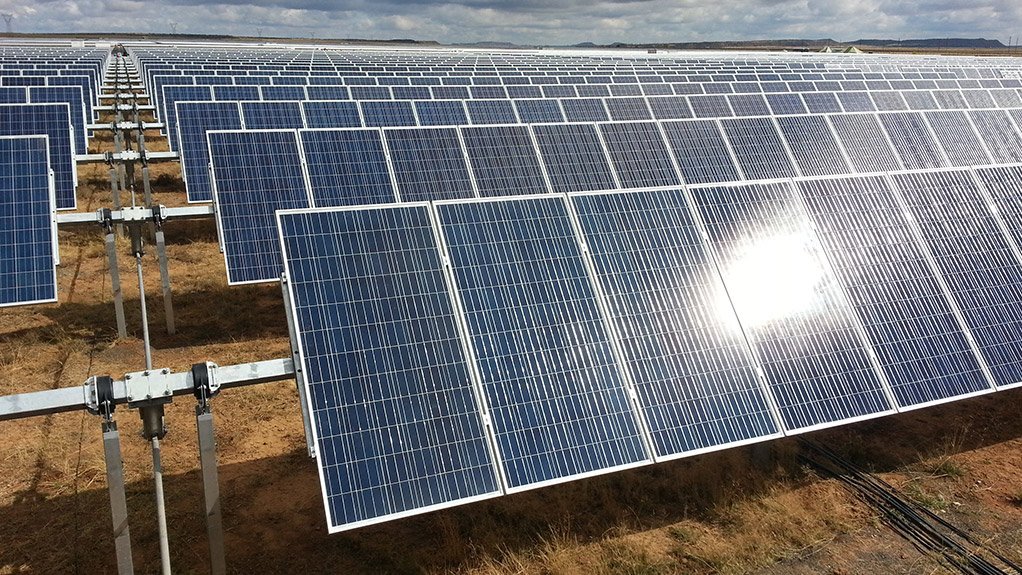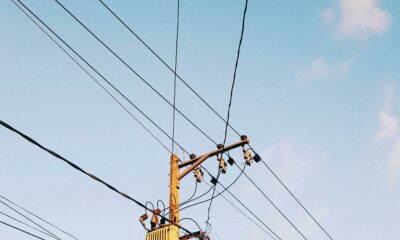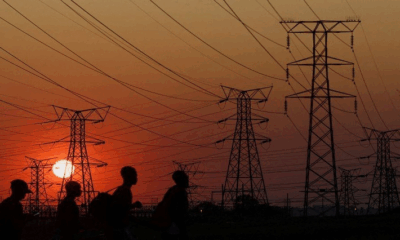Published
6 months agoon
By
zaghrah
South Africa’s electricity landscape is shifting, and a new player has just been handed the keys to the grid. Lyra Energy, a joint venture between global renewables firm Scatec ASA and local investment powerhouse Stanlib, has officially been granted an electricity trading license, paving the way for fresh competition in a market long dominated by Eskom.
For decades, state-owned Eskom has stood as the central pillar of South Africa’s electricity supply, overseeing generation, distribution, and transmission. But with power cuts still haunting households and industries alike, the government has begun breaking up the utility’s monopoly in a bid to create a more competitive and resilient energy sector.
Lyra’s newly issued license from the National Energy Regulator of South Africa (Nersa) is more than a bureaucratic checkbox, it’s a signal that the market is finally starting to open up. The company plans to fund, build, own, and operate renewable energy generation assets, then wheel that power through the grid to commercial and industrial offtakers.
That means factories, mines, and businesses could soon be buying clean power directly from Lyra instead of relying on Eskom.
Lyra is entering the scene alongside a growing cohort of private energy traders. In late 2024, Nersa accelerated license approvals for several players, including Discovery Green, Green Electron Market, CBI Electric Apollo, and GreenCo Power Services. The regulator is also developing detailed rules for trading electricity, with full guidelines expected next year.
For industries battered by load shedding and desperate for reliable energy, this marks a turning point.
“South Africa is ready for a multi-supplier environment,” one energy analyst shared on X (formerly Twitter). “It’s good to see licenses going to serious, capital-backed projects, this is how we rebuild trust in the grid.”
Lyra Energy isn’t going it alone. The venture has Standard Bank Group backing it with debt financing, a crucial detail given the capital-intensive nature of building generation infrastructure. Its first power supply agreement is expected later this year, giving it a foothold in a high-stakes game of reshaping who powers South Africa’s economy.
And this isn’t just a feel-good green energy story. With load shedding costing the country billions annually, private renewable generation, especially when wheeled directly to users, offers a lifeline for growth.
At the heart of this moment is Eskom’s unbundling, a policy milestone years in the making. The utility is being split into three units: Generation, Transmission, and Distribution. This restructuring is meant to level the playing field and allow more private players like Lyra to plug into the system.
But the road ahead is far from smooth. Critics warn that while licensing is essential, the grid infrastructure must also be upgraded to support increased wheeling and decentralised generation.
Lyra’s license approval and its plans to begin trading soon, will be seen as a vote of confidence in South Africa’s energy reform trajectory. It shows that private capital is willing to bet on the country’s ability to modernize, even after years of dysfunction and rolling blackouts.
As one industry stakeholder put it in a LinkedIn post:
“This is the kind of development we need to shift the energy narrative, from crisis to opportunity.”
South Africa’s power sector is still in recovery mode, but for Lyra Energy and its future clients, there’s finally a flicker of light at the end of the tunnel.
{Source: Moneyweb}
Follow Joburg ETC on Facebook, Twitter , TikTok and Instagram
For more News in Johannesburg, visit joburgetc.com


The Perfect Storm: Why Global Money is Flooding Back Into South Africa


Jobs vs. Justice: Nersa Approves Hefty Tariff Cut for Major Smelters, Sparking Subsidy Debate


Andre de Ruyter is back in South Africa and betting on renewable energy


“We Will Oppose This”: Msunduzi Ratepayers Dig In as Court Forces Tariff Recalculation


DA turns up the heat on Tshwane as residents rally against relentless power cuts


DA takes Tshwane to Nersa as residents reach breaking point over power outages















